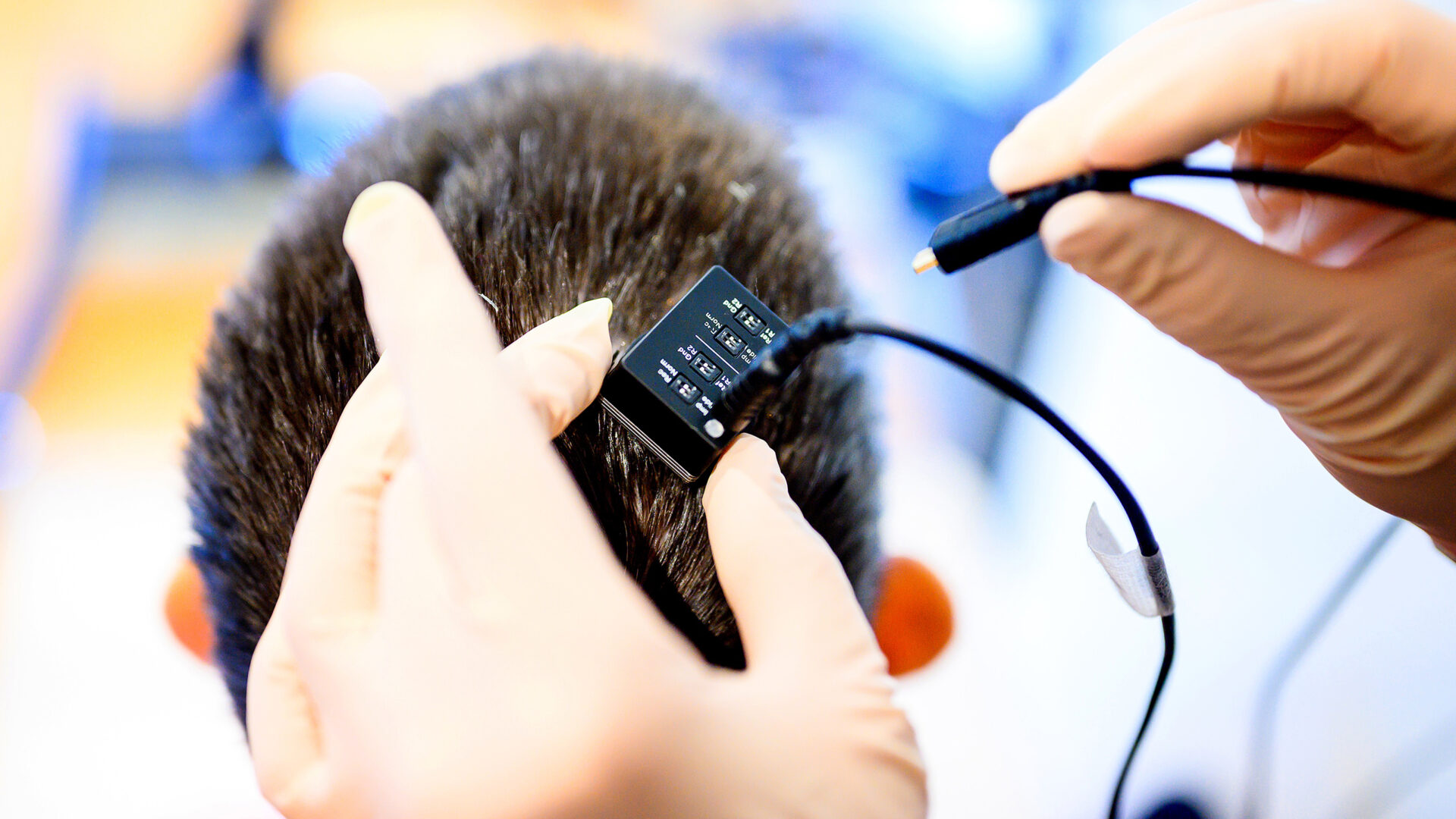Researchers at the UC Berkeley and UC San Francisco, have developed an innovative brain-computer interface (BCI) that can convert thoughts into speech almost instantly. The technology was tested on a 47-year-old woman, Ann, who lost her ability to speak after suffering a stroke in 2005. With the new implant, Ann is able to communicate by silently uttering words that are converted into speech in about one second.

Technology and operation of the interface
The implant consists of a thin array containing 253 electrodes, placed on the surface of the cerebral cortex responsible for speech. The device records neuronal activity at a high frequency and sends the data to an artificial intelligence system, which decodes the signals and generates synthesized speech. Unlike previous solutions, the new system operates in a continuous mode, enabling the smooth transformation of thoughts into speech with minimal delay.
To ensure the natural sound of the generated speech, the researchers used recordings of Ann’s voice from before the stroke, including videos from her wedding, to train the speech synthesis algorithms. As a result, the synthesized voice resembles her own, which is important for the user’s mental comfort.
Advances and the future of technology
The new interface achieves speech generation speeds of 47 to 90 words per minute, a significant advance over earlier systems that required more than 20 seconds to generate a single sentence. While still slower than natural speech (about 160 words per minute), the technology opens up new possibilities for people with speech disorders.
The research team plans to further improve the system by increasing the number of sensors, improving the precision of signal recording and optimizing data processing algorithms. The goal is to achieve even more natural and fluent communication for users.
Applications and prospects
BCI technology has the potential to significantly improve the quality of life for people with locked-in syndrome, aphasia or other communication disorders. In addition to medicine, brain-computer interfaces could find applications in interacting with electronic devices, expanding communication and control options for people with various limitations.
Sources: Nature, Berkeley Engineering, Tech Xplore, Medical Xpress, Smithsonian Magazine






